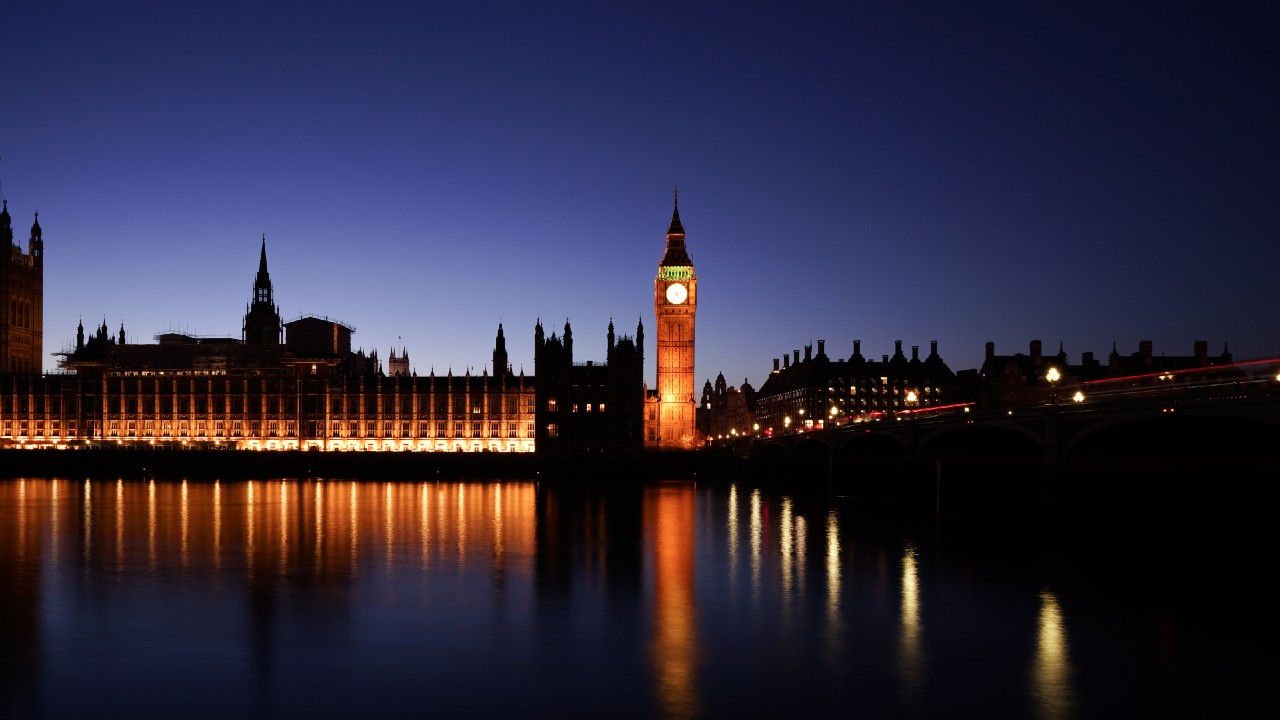The latest edition of the UK Tobacco Industry Interference Index reveals that the UK has been less successful at preventing industry interference with policy and legislation than it was the previous year.
Global ranking
While the UK compared favourably to many of the 56 other countries in the survey, there is work to do to get back to the top spot, say researchers at the University of Bath who led the UK research in collaboration with Action on Smoking and Health (ASH), ASH Scotland, ASH Wales and Cancer Research UK (CRUK).
The researchers found that, while the government continued to do some things well, there was a lack of consistency and transparency in key areas, with the need for a lobbying register that is publicly accessible, comprehensive and legally binding a key recommendation.
UK Tobacco Industry Interference Index
The findings are published in the UK Tobacco Industry Interference Index (UKTIII). It forms part of the Global Tobacco Index (GTI), which ranks 57 countries worldwide based on how well they implement and comply with specific measures drawn up by the World Health Organization (WHO) to prevent the tobacco industry interfering with governments.
The UK performed six points worse in 2019, scoring 32 (out of a possible 100) compared to 26 in 2018. The lower the score, the better a country is doing.
Download the UKTIII full report and policy brief.
Areas of concern
The Index shows several key areas of concern in the UK:
- tobacco companies, or organisations linked to them, participating in informal parliamentary groups
- tobacco companies conducting corporate social responsibility (CSR) activities, via informal parliamentary groups, and by direct lobbying
- parliamentarians in England and the devolved administrations accepting hospitality from the tobacco industry
- political parties and local authorities hosting tobacco industry events and promotional stands at their conferences
- organisations with tobacco industry links making donations to politicians.
Speaking about the findings, Dr Mateusz Zatonski from the Tobacco Control Research Group at the University of Bath and the lead researcher, said:
Throughout 2019 we found that tobacco companies actively tried to influence policy and used illicit cigarette trade and harm-reduction products as pretexts to approach policymakers, even more so than they did in 2018. We also found more high-profile instances of conflict of interest among politicians.
Deborah Arnott, chief executive of ASH, added:
‘As the UK negotiates post-Brexit trade agreements, we would urge the Government to ensure that all such agreements embed exceptions to protect public health at least as strong as those provided by WTO rules, and ensure that all trade agreements are in compliance with the UK’s obligations as a Party to the WHO’s global tobacco treaty and Illicit Trade Protocol.’
More vigilance needed
Sheila Duffy, chief executive of ASH Scotland, added:
‘Last year, there were at least 13 meetings between Members of the Scottish Parliament (MSPs) and two major tobacco companies. MSPs need to be vigilant to such approaches and to avoid any conflict of interest by rejecting offers of funding or hospitality. We need our politicians to be both transparent and accountable in their dealings with the tobacco industry so as to protect public health from industry interference. The UK and devolved Governments must reaffirm their commitment to the international Framework Convention on Tobacco Control, especially Article 5.3.’
Suzanne Cass, chief executive of ASH Wales, said:
‘We are aware of at least one Member of the Senedd meeting a global tobacco company to discuss illicit tobacco trade. We would like to see lobbying information being fully disclosed and listed in records available to the public.’
300 UK deaths a day related to tobacco
Alison Cox, director of intelligence and clinical engagement at Cancer Research UK, added:
‘Almost seven million people smoke in the UK and every single day over 300 people die from disease caused by tobacco. Now more than ever, governments must act to protect public health by remaining committed to tackling tobacco industry interference and implementing the report’s recommendations.’
Protecting health policy
Bob Blackman MP, chairman of the All-Party Parliamentary Group on Smoking and Health, said:
Our public health minister told Parliament how proud she was that the UK was rated number 1 for protecting health policy from interference by the tobacco industry and committed to continue on that path. This year we’ve slipped to fourth place, and I urge her to live up to that commitment, and take steps to ensure that we’re back at the top of the table in years to come.

